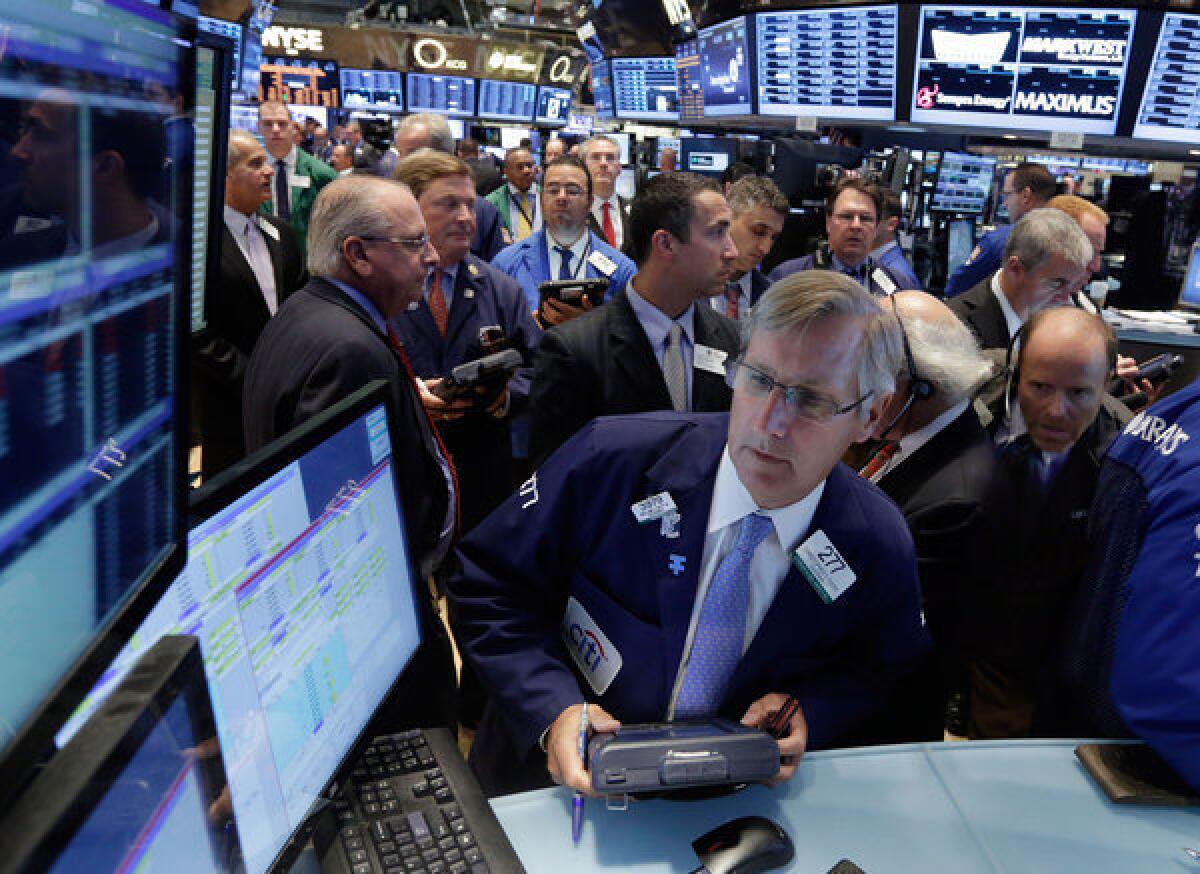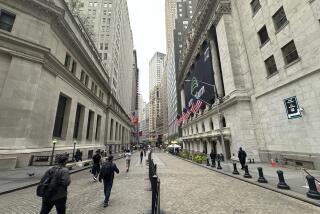How will the stock market respond to Syria strikes?

NEW YORK -- If the U.S. strikes Syria, any resulting stock selloff will likely be short-lived, according to a recent analysis of previous market shocks.
The broad Standard & Poor’s 500 index fell a median 2.4% in initial trading after major world events over the last 70 years, bottomed after six days and took a median two weeks to recoup losses, according to a research note this week by Sam Stovall, chief equity strategist at S&P; Capital IQ.
Stovall’s note highlighted 14 events ranging from the Pearl Harbor attack in 1941 to the Madrid bombings in 2004 to the Japanese tsunami of 2011. After the 9/11 terrorist attacks in 2001, for example, the S&P; 500 initially fell 4.9%, bottomed in five days and took 19 days to recover.
But investors have been expecting U.S. strikes on Syria for days. If the U.S. does attack, “it would probably be one of the most anticipated of unanticipated events in modern history,” Stovall said.
When such events occur in bull markets, investors typically assess any economic fallout while opportunistic traders step in to buy and push up stock prices, he added.
Gold rush and ‘Goldfinger’: Try our gold trivia quiz
President Obama last weekend said he supported strikes against Syria as a response to the country’s use of chemical weapons in its civil war, and has since been working to build congressional support for U.S. military action.
The prospect of U.S. military strikes against Syria rattled investors last week, helping drag down stocks in August.
Investors yanked $625 billion out of stocks in August, according to the Wilshire 5000 Total Market Index, which declined 2.9% last month.
“The market doesn’t really want us going after Syria,” Stovall said. “Investors are worried that all it’s going to do is create more problems rather than resolve things.”
August and September are historically months that see declines in stocks, Stovall noted. However major U.S. indexes perform this month will likely depend in large part on two key pieces of economic news: the U.S. Labor Department’s August unemployment report due Friday, and the Federal Reserve’s meeting Sept. 17-18.
At its meeting, the Fed may decide to begin scaling back monetary stimulus that has helped fuel this year’s stock market rally. The central bank will be eying key economic data such as the Labor Department report before deciding whether the U.S. economy can stand on its own.
ALSO:
U.S. trade deficit jumps 13% in July
More men than women demand flexible hours on the job
Employers have negative view of Gen Y workers, study finds
More to Read
Inside the business of entertainment
The Wide Shot brings you news, analysis and insights on everything from streaming wars to production — and what it all means for the future.
You may occasionally receive promotional content from the Los Angeles Times.










